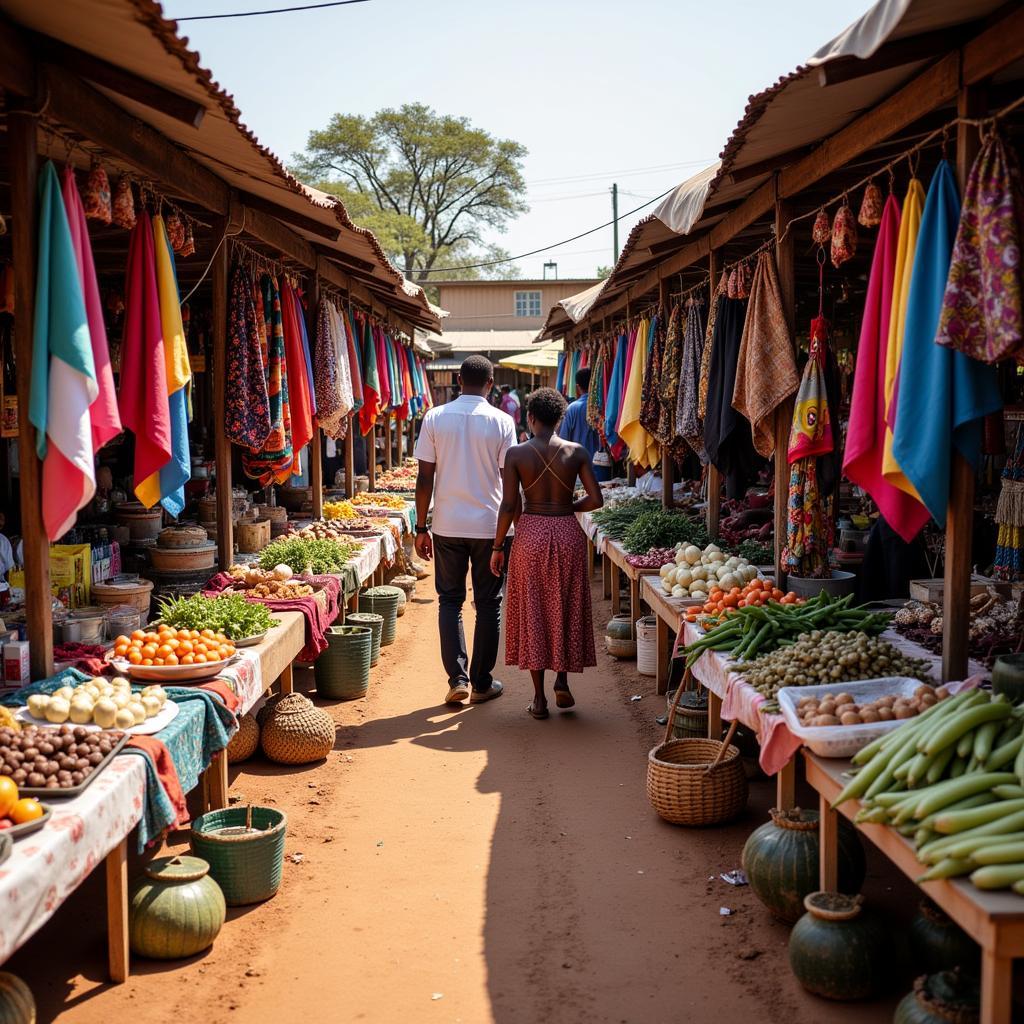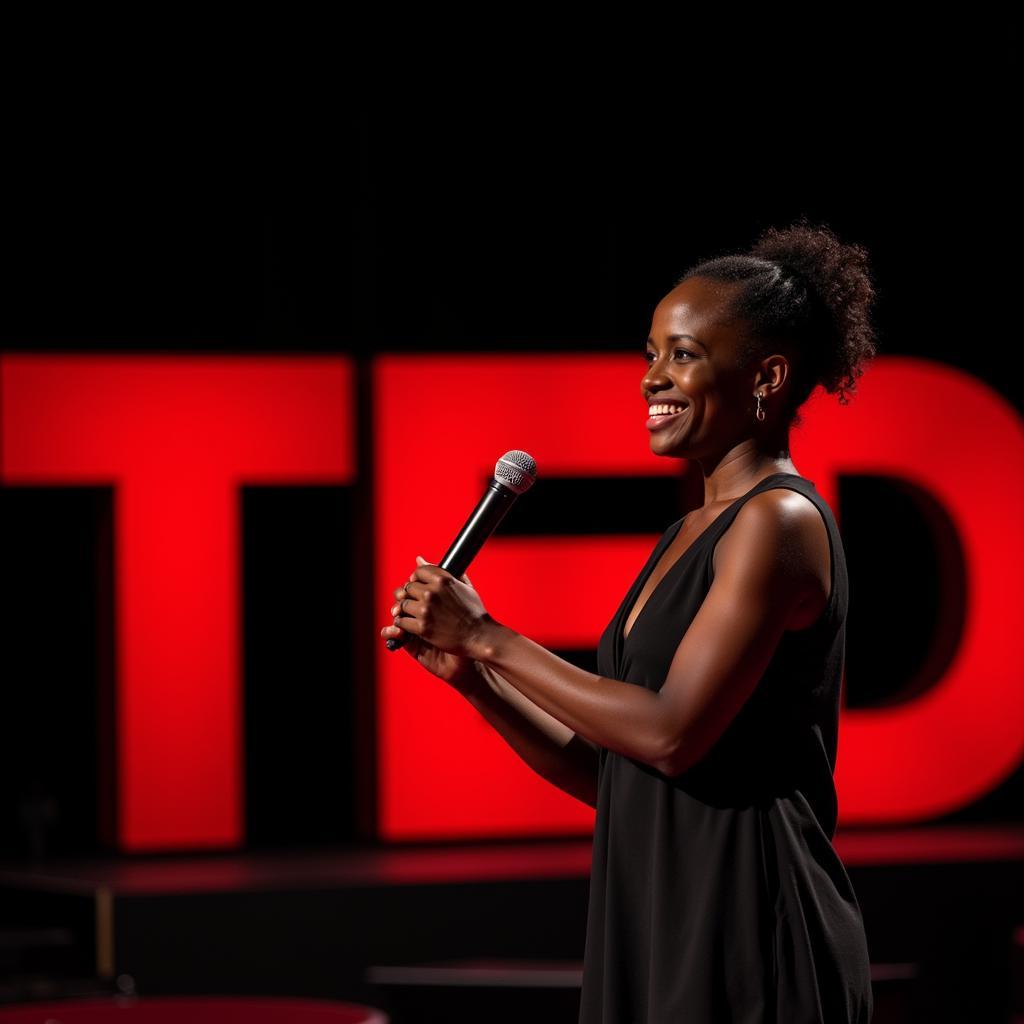Unearthing History: The African Burial Ground Square
The African Burial Ground Square in Lower Manhattan stands as a poignant reminder of a forgotten history. This sacred space, rediscovered in 1991, reveals the lives and struggles of enslaved and free Africans in colonial New York. It offers a powerful lens through which to understand the complexities of early American history and the enduring legacy of slavery.
A Window into Colonial Life: The Significance of the African Burial Ground
The African Burial Ground provides invaluable insights into the lives of Africans in 17th and 18th century New York. Archaeological excavations unearthed over 400 skeletal remains, offering a glimpse into their health, diets, and labor conditions. The burial rituals, often incorporating West African traditions, speak to the resilience of cultural identity in the face of oppression. The site challenges the traditional narratives of American history by centering the experiences of those often marginalized.
The discovery of the African Burial Ground wasn’t without its controversies. The initial handling of the remains sparked outrage within the African American community, leading to demands for respectful treatment and community involvement in the research process. This ultimately led to the creation of the African Burial Ground National Monument, a testament to the power of community advocacy and the importance of preserving cultural heritage.
Uncovering Stories: What the African Burial Ground Tells Us
The African Burial Ground reveals a multifaceted story of resistance, survival, and community. The skeletal remains tell tales of arduous labor, malnutrition, and disease, reflecting the harsh realities of enslaved life. Yet, the presence of personal adornments and burial practices suggests a continued connection to African traditions and a determination to maintain cultural identity. The site serves as a powerful reminder of the human cost of slavery and the enduring strength of the human spirit. The site also prompts reflection on the contributions of Africans to the building of New York City, a narrative often overlooked in historical accounts.
This discovery has resonated far beyond the confines of New York City. The African Burial Ground has become a symbol of the struggle for recognition and justice for marginalized communities throughout the diaspora. It serves as a focal point for remembrance and a call for continued efforts towards racial equality and social justice.
Remembering the Past, Shaping the Future: Visiting the African Burial Ground Square
The African Burial Ground National Monument offers a powerful and moving experience for visitors. The interpretive center provides detailed information about the site’s history and significance. Walking through the memorial grounds evokes a sense of reverence and contemplation. The African Burial Ground challenges us to confront the difficult truths of our past and to work towards a more just and equitable future. Visiting this sacred space is not merely an educational experience, but a deeply emotional one that connects us to the shared human story.
Dr. Ayodele Akinola, a prominent historian specializing in the African diaspora, emphasizes the importance of the site: “The African Burial Ground is not just a cemetery; it is a living testament to the strength, resilience, and enduring spirit of African people in the face of unimaginable adversity.”
Considering the adaptation strategies employed by the African Grey Parrot, one can’t help but appreciate the parallels to the human spirit’s resilience as exemplified by those buried in the African Burial Ground. Learn more about these remarkable birds and their native habitat. For those fascinated by the vibrant avian world, exploring the diverse African grey parrot colors is another captivating journey. The intricacies of their life cycle, from African grey parrot eggs and babys to adulthood, are equally fascinating. You can also delve into their incredible African grey parrot adaptations and African grey parrot native habitat. These resources offer a glimpse into the rich biodiversity of the African continent. As you learn more about these creatures, consider the parallels between their struggles for survival and the history revealed at the African Burial Ground Square. Similarly, discovering more about African flying animals can broaden your understanding of the continent’s diverse fauna.
Conclusion
The African Burial Ground Square stands as a powerful symbol of resilience, remembrance, and the ongoing struggle for social justice. This sacred ground compels us to confront the painful realities of the past and to work towards a future where all voices are heard and all lives are valued. Visiting the African Burial Ground Square is a deeply moving experience that connects us to a shared history and inspires us to build a more just and equitable world.
FAQ
- What is the significance of the African Burial Ground?
- When was the African Burial Ground discovered?
- Where is the African Burial Ground located?
- How many remains were found at the African Burial Ground?
- What can I learn by visiting the African Burial Ground National Monument?
- Why was there controversy surrounding the discovery of the African Burial Ground?
- How does the African Burial Ground contribute to our understanding of American history?
Common Scenarios and Questions:
-
Scenario: A teacher wants to bring their class to the African Burial Ground.
-
Question: Are there educational programs available for students?
-
Scenario: A family is planning a trip to New York City.
-
Question: What are the visiting hours and admission fees for the African Burial Ground?
-
Scenario: A researcher is interested in learning more about the archaeological findings at the African Burial Ground.
-
Question: Where can I find scholarly articles and publications about the site?
Further Exploration:
- Read more about the African diaspora in colonial America.
- Explore the history of slavery in New York City.
- Learn about the ongoing efforts for racial justice and equality.
For any further assistance, please contact us at Phone Number: +255768904061, Email: kaka.mag@gmail.com, or visit our address: Mbarali DC Mawindi, Kangaga, Tanzania. We have a 24/7 customer service team.


